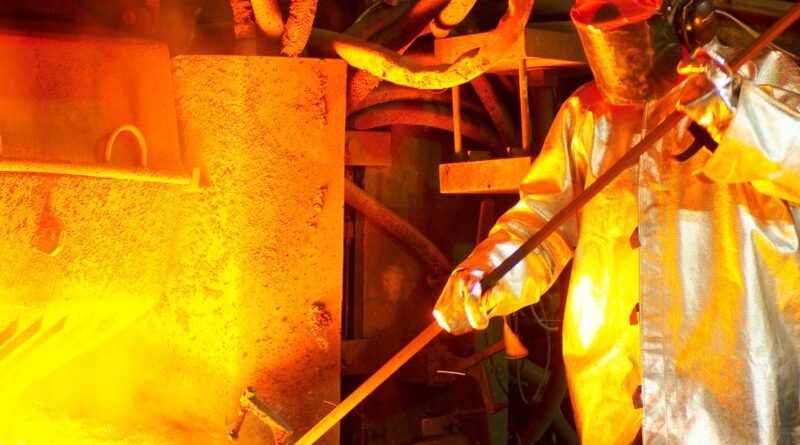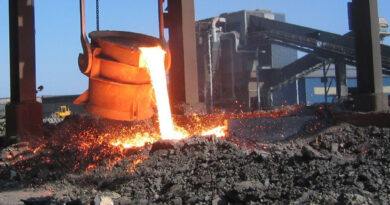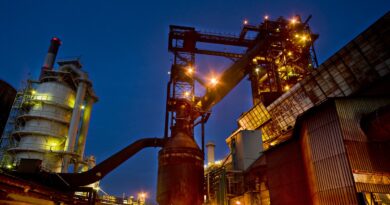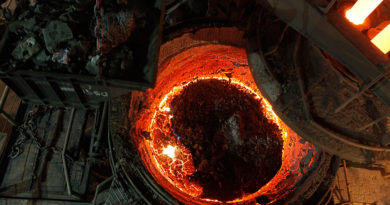Electric cars drives Indonesia’s nickel transition boom
Indonesia has become the world’s leading supplier of nickel but comes with huge environmental costs, critics say. In just four years, Indonesia’s nickel industry has undergone a transformation — becoming a pivotal supplier of the commodity critical to electric vehicle batteries.
But, as its importance grows, so has the south-east Asian nation’s reputation as a producer of “dirty” nickel. Indonesia is now the world’s dominant supplier of the metal, following a boom triggered by President Joko Widodo’s ban on exports of raw nickel ore, in a bid to force foreign businesses to invest in the country and set up domestic processing plants.
Chinese companies responded promptly, pumping in billions of dollars to secure supplies of a metal crucial to the transition away from combustion engines. This reshaping of the car industry has boosted Indonesia’s exports, brought in record amounts of foreign direct investment, and transformed its current account balance.
But critics say that has all come at a huge environmental cost and accuse the government of prioritising nickel extraction over the archipelagic nation’s rainforests. They are now urging the industry and government to adopt more sustainable practices, pointing to the mass deforestation caused by mining and the almost exclusive use of coal-fired power stations to power nickel smelters.
They also accuse processing plants of polluting water sources. Recommended Deforestation Nickel miners linked to devastation of Indonesian forests Sayyidatiihayaa Afra, a researcher at environmental group Satya Bumi, wants the government to put a cap on nickel production.
A recent slump in global nickel prices has brought fresh scrutiny to Indonesia. With the world’s largest reserves and its low costs of production, the country is expected to increase its dominance of global supplies as mines elsewhere scale back production in response to the drop in prices.
It already accounts for 57 per cent of the world’s refined nickel, and its share is forecast to rise to 69 per cent by 2030, according to Benchmark Mineral Intelligence. Industry executives say they are under increasing pressure from Western buyers to act on coal use and other environmentally harmful practices.
In response to the criticisms, the government in Jakarta announced earlier this year that it would set out a “decarbonisation road map” for the nickel industry by early 2025.
Recommended Sovereign wealth funds Indonesia’s sovereign wealth fund eyes green energy transition in $1bn investment plan Sparks fly at a nickel smelter in Sorowako, South Sulawesi province, Indonesia.
Indonesia emits an average of 58.6 tonnes of carbon dioxide for every tonne of nickel produced, 10 tonnes more than other nickel producers. The government is prepared to help finance green initiatives but the private sector is also expected to play its part.
Some companies are already looking for alternatives to coal, by building solar plants to power smelters. But a fuller transition to renewables is still decades away. The government has set 2060 as its net zero emissions target and industry and heavy transport will be among the last sectors to make the transition.
The government has repeatedly said that the switch to net zero should not come at the cost of economic growth and has identified natural gas as the fuel to reduce its emissions during the energy transition.
However, one nickel industry executive — while acknowledging the country needs to prioritise environmental, social and governance (ESG) concerns — warns that natural gas is more expensive than coal, and would undermine Indonesia’s cost advantages.




